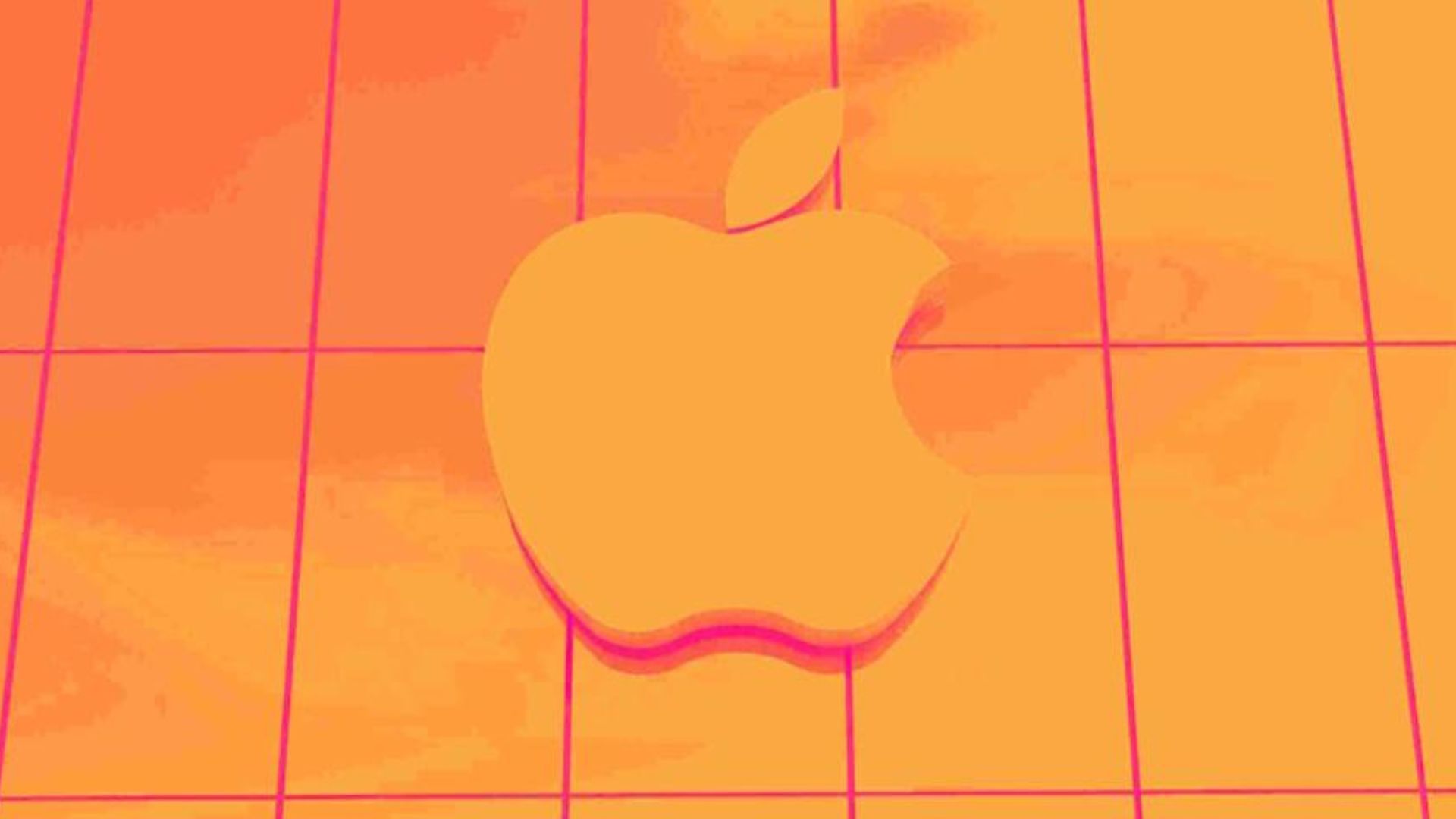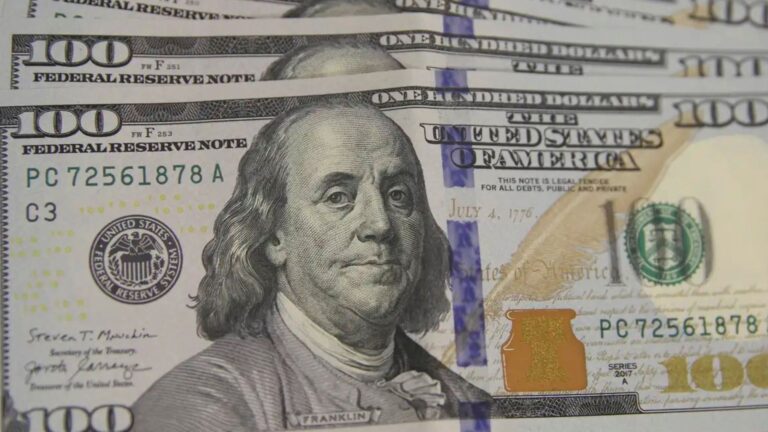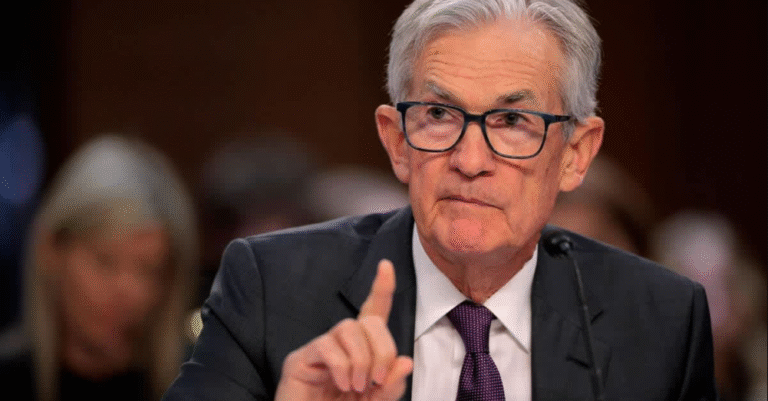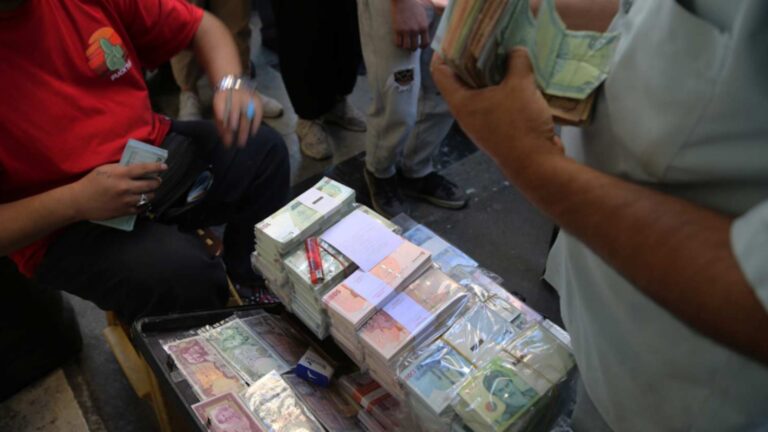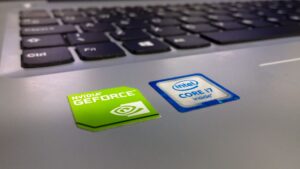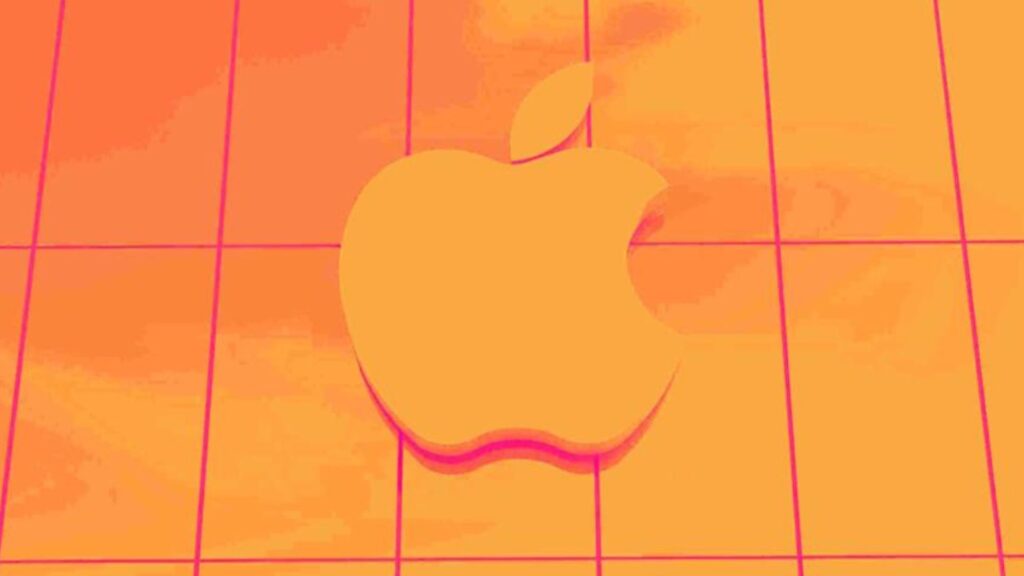
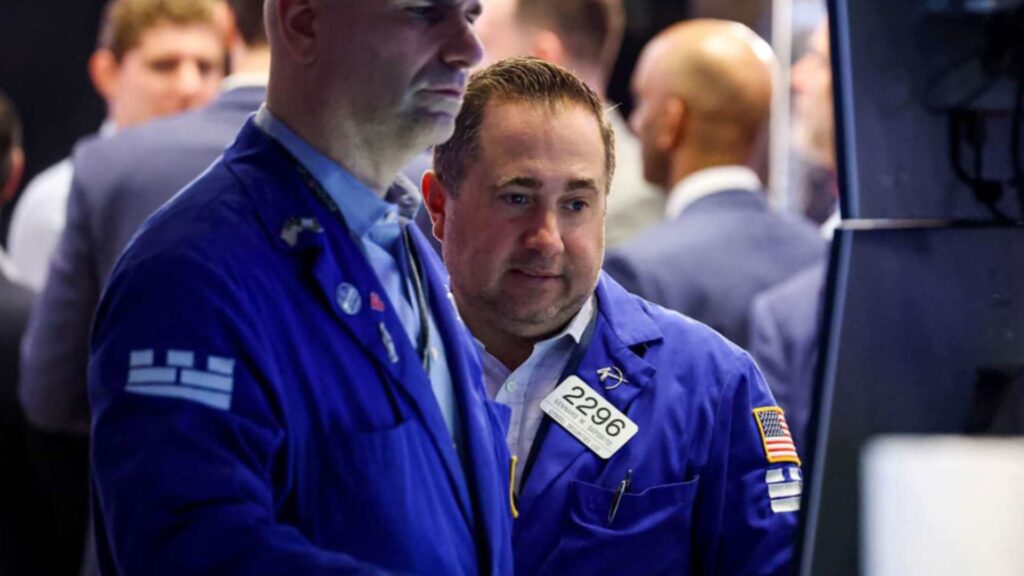
Brendan Mcdermid | Reuters
Market Reaction Reflects AI Concerns
Apple shares fell 3.2% to $226.79 following the company’s iPhone 17 launch event, as investors expressed disappointment over limited artificial intelligence features and questioned future upgrade cycles. The decline came after AT&T CEO John Stankey warned that iPhone “supercycles” may be finished without significant AI breakthroughs (AOL Finance).
Despite unveiling the ultra-thin iPhone Air and updated Pro models during the 75-minute “Awe Dropping” presentation, Apple mentioned “Apple Intelligence” only 11 times—a stark contrast to last year’s iPhone 16 launch where AI dominated discussions before subsequent delays dampened expectations (TechCrunch).
AT&T CEO Sounds Alarm on iPhone Supercycles
Speaking at Goldman Sachs’ Communacopia + Technology Conference, AT&T’s John Stankey delivered a sobering assessment: “I would intuitively say that we’re at a point that I don’t see super cycles as being kind of the dynamic around it” (Yahoo Finance). Stankey warned that without major software advances, particularly in AI, Apple could struggle to reignite blockbuster sales cycles.
He emphasized that smartphones have become “more software-driven devices” where incremental improvements may not drive consumer urgency, predicting “there will not be a rush of people queuing up in the past and rushing into stores to buy on the day of sale.”
Mixed Analyst Reception and Downgrades
The lukewarm reception prompted Phillip Securities to downgrade Apple from Neutral to Reduce with a $200 price target, citing “no significant AI innovation to help with persistent weakness in products and the China market” (Gulf News). Analyst Helena Wang expressed caution about tariff headwinds and elevated capital expenditures.
However, other analysts maintained optimism. Evercore ISI raised its target to $260, calling the iPhone Air a potential “MacBook Air moment” for smartphones (MarketWatch). Wedbush’s Dan Ives described the lineup as a “catalyst for a new era,” noting 315 million iPhone users haven’t upgraded in over four years. Melius Research’s Ben Reitzes set the highest target at $290.
Broader Market Context and Competitive Pressure
Apple stock has underperformed this year, declining approximately 9% year-to-date versus an 11% S&P 500 gain (Economic Times). The company faces mounting pressure to demonstrate meaningful AI progress as Google and Samsung roll out advanced AI features across their ecosystems.
Wall Street analysts noted Apple’s deliberate AI restraint, focusing instead on hardware improvements like the A19 Pro chip and camera upgrades—a cautious approach following criticism for overpromising AI capabilities that failed to materialize on schedule (Investors.com, CNBC).




